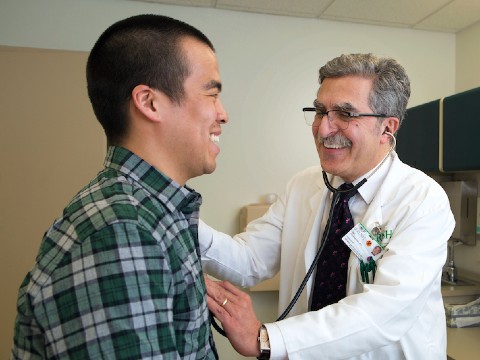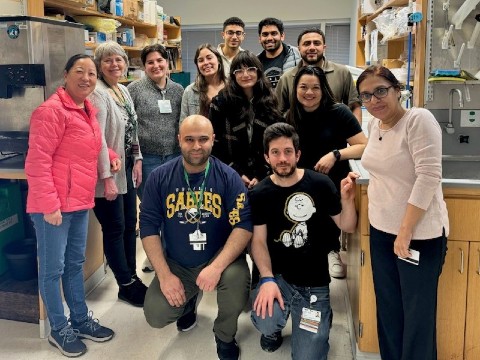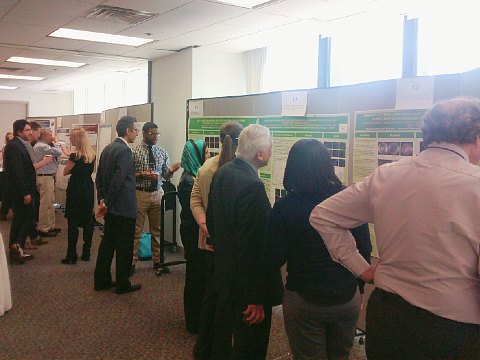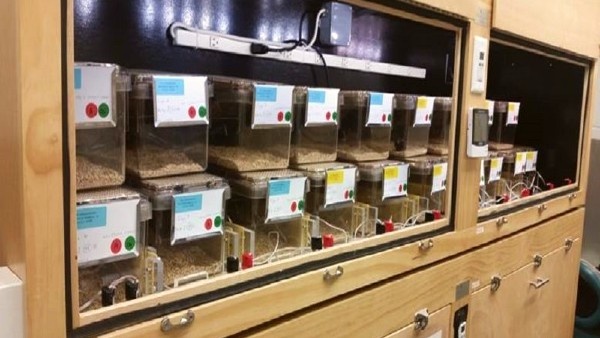The Center for Integrated Microbiome and Chronobiology Research aims to help Rush transform health care by incorporating microbiota and lifestyle research including circadian rhythms that impact microbiota and multiple organ function, and microbiota/host interactions to develop microbiota and chronobiology directed biomarkers and therapeutics for patient care.
Our Mission
The Rush Center for Integrated Microbiome and Chronobiology Research is a one-of-a-kind program that supports the mission of Rush by integrating research, education, patient care, and community partnerships. Specifically, our Center promotes innovative research, collaboration, education/training/mentorship, develop pioneering approaches to patient care in a bench-to-bedside and bedside-to-bench approach, as well as conducts outreach programs to foster community partnerships to aid in clinical research and philanthropic efforts to sustain and grow the Center. Microbiota and lifestyle research including circadian rhythms that impact microbiota and multiple organ function, and microbiota/host interactions to develop microbiota and chronobiology directed biomarkers and therapeutics for patient care including risk assessment, altering disease course, prediction of therapeutic response, and development of other novel therapeutic strategies. These innovative basic, translational, and multidisciplinary research strategies will help make Rush a leader in the academic health care system.
About Us
CIMCR’s physician investigators Ali Keshavarzian, MD, FRCP, FACP, MACG, AGAF, Faraz Bishehsari, MD, PhD, AGAF and scientists Robin M. Voigt-Zuwala, PhD, and Christopher Forsyth, PhD, research a vast range of human circadian projects. Our unique facility has been specifically designed to conduct circadian research studies in humans. The phase assessment room (and attached bathroom) is designed for collecting saliva, blood, urine and stool samples in continuously dim light (<5 lux) for up to three reclined subjects at once for 24 hours/7 days. There is also a kitchen for subject food preparation and a storage room. A sample processing room is available with a centrifuge, sterile hood and freezer to perform various sample processing procedures.
CIMCR is located on the Cohn Research Building at 1735 W. Harrison Street, Chicago, IL and in the Kellogg Building at 1653 W. Congress Parkway, Chicago, IL. If research collaboration is of interest, please contact us.





